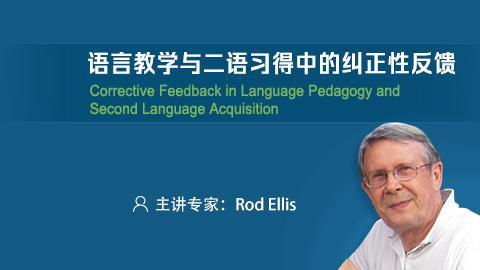webinar
corrective feedback=errors and response
sequence:speaker utterance move
trigger-feedback
different ways to give feedback
an interface issue
SLA whether when and hot to correct learners' error.
Pedagogica Positions .Pedagogy
some adviced teacher books
teacher education programs
all contain correcctive feedbacks
X research
own experience √
X I believe
authors opinions √
positive feedback important
prasise:perform correctly; increase motivation
five central questions:should?when?which?how?who?
should error's be corrected?
differnt views
audioligngualism-no
humanistic-no
skill-learning-yes
fluency work and accuracy work
accuracy, corrective -important
fluency,no corrective
immediately or delayed
fluency-no immediatle ,error corrention at the end
be careful not too much correction
which area should be corrected;which not
correct errors not mistakes
error=don't know
mistake-does know, but still get it wrong
global errors=seriously
local errors=
global √
simple not complex
not easy to implement
how?
vatiety of correcting strategies-5 kinds
use a variety of strategies correct themselves
who? the teacher ; the student who made the error;another student
self-correct;if fail ,ask another student; the least the teacher
Ageneral guide (very important)
X reference
researchers from SLA
4 people done research
theoretical positions:
1. cognitive interationist accounts
functions-provide;push learners(prompt)
controversy:
combine
explicit vs implicit
2 types classification
2. socioultural theory
carried out with learners
correct form with someone's help
minimal level of assistane
regulatory scale
facilitate aquisition
immediately
explicit
recoreected works learners want to be corrected
during
local errors
focused approach-a particular area
2 dimensions input vs output and
implicit vs explicit
intensive=the same error repeatedly
explicitness
Xrecasts
Summary
Xorrecting learner errors is necessary and important hekping leaners to qcquire an L2.
Correction is needed in both accuracy and fluency.
Reference
Q&A
1.explicit-直接 Implicit-含蓄
2.written delayed correction ;oral immdiately feedpack 不明确 direct indirect
3.written correction-error;content;conganizaton
X do same feedback all togehter.
X一次ng
4.teamwork?othe stuedentd
in group reluctant
5.corrective important
Xbeginner
6.
7.descriptive research and experimental research
immediate feedback and delayed feedback
Suggestion


